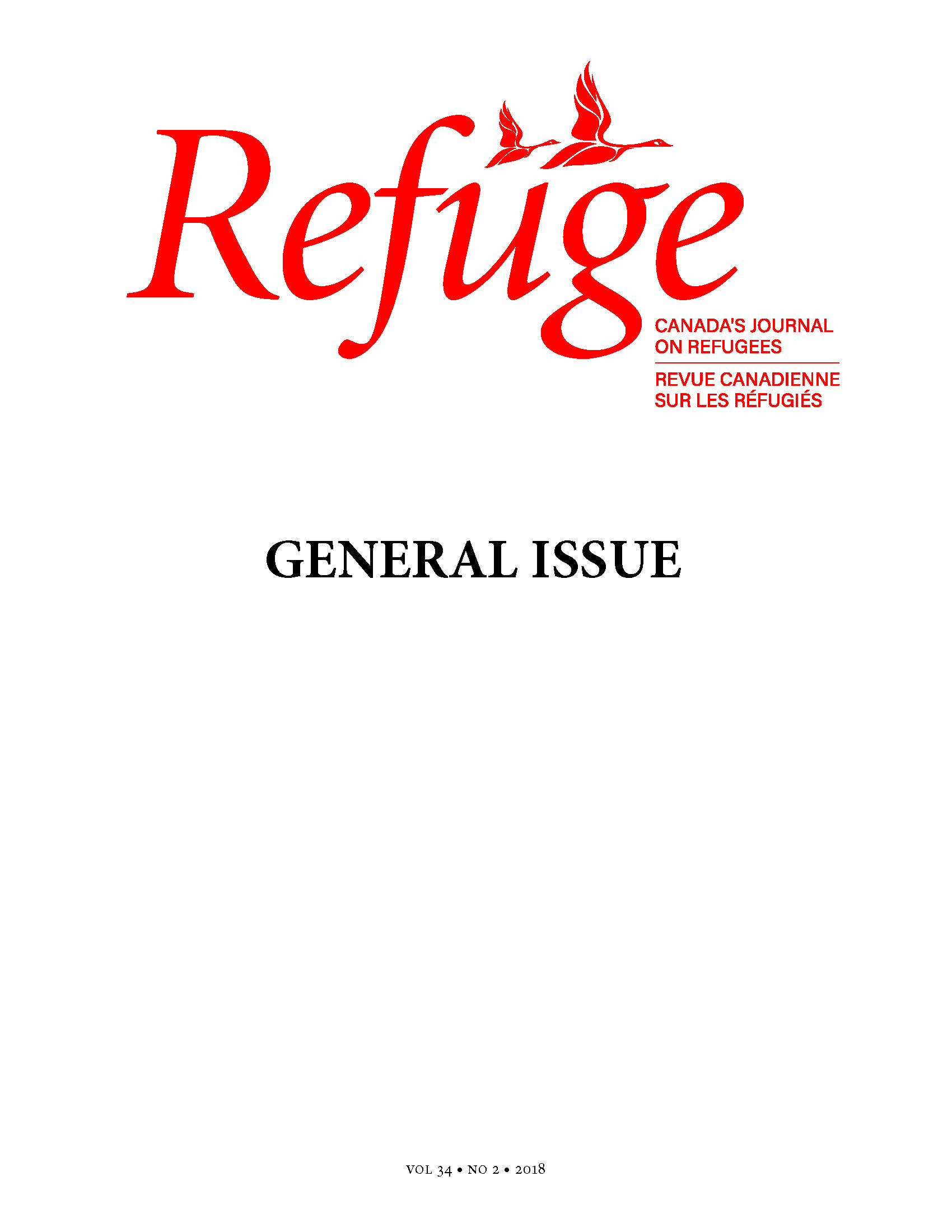Competing Motivations in Germany’s Higher Education Response to the “Refugee Crisis”
DOI:
https://doi.org/10.7202/1055575arKeywords:
Germany, Syrian refugees, post-secondary education, higher education, universities, institutional reform, integration, refugee crisis, public sentimentAbstract
In 2015–16 Germany was confronted with over 1 million new refugees, which challenged public and private institutions alike and increasingly divided public sentiments. This article investigates the cultural, political, and economic dynamics as they were in Germany in 2015–16 and in particular how its higher education sector responded. The discussion covers a comprehensive review of media debates, public and private institutional research, new German- and English-language scholarship, and case studies the authors collected of fiffeen universities. The article ends with recommendations as German universities prepare for 30,000–50,000 refugees eligible for study in the coming years.
Metrics
Downloads
Published
How to Cite
Issue
Section
License
Copyright (c) 2018 Bernhard Streitwieser, Lukas Brück

This work is licensed under a Creative Commons Attribution-NonCommercial 4.0 International License.
Refuge authors retain the copyright over their work, and license it to the general public under the Creative Commons Attribution-Non Commercial License International (CC BY-NC 4.0). This license allows for non-commercial use, reproduction and adaption of the material in any medium or format, with proper attribution. For general information on Creative Commons licences, visit the Creative Commons site. For the CC BY-NC 4.0 license, review the human readable summary.







